It is no surprise that the holiday season brings on more food, more cooking, more people in and out of the bathroom, and generally more of everything. The old adage of "everything in moderation" DOES NOT seem to apply to wet wipes or cooking oils, fats, or grease.
There are about 157.3 million homes with at least 1 kitchen sink, and 225 million

toilets in North America! If each household took the approach that, "it's just one wipe", or "It's just one pan of oil poured down the drain", the nations sewer systems would come to an abrupt halt.
It would be similar to shoving a wad of paper towels and glue into a slender pipe and trying to get them out the other end with gently flowing water. It won't happen. The glue and towels will bind together and clog the pipe.
Same concept with toilet paper and fats, oil, and grease, cleverly dubbed FOG. The hidious mass of used wet wipes, fat, oill, and grease has been appropriately named, "fatberg".
What exactly are Fatbergs? These monstrous masses are formed when fats, oils, and grease combine with non-biodegradable items like wet wipes and sanitary products, accumulating in the sewer system. Over time, they grow into massive, rock-hard blockages that can cause sewage overflows, flooding, and damage to the environment.
The Role of Non-Flushable Items in fatberg creation. One of the primary culprits in fatberg formation is the flushing of non-biodegradable items, like wet wipes. People often flush wet wipes, "flushable"wipes, baby wipes, and paper towels down the toilet, assuming they will disappear without a trace. Unfortunately, these items don't break down in the sewer system and instead contribute to fatberg growth.
The tie that binds- Fats, Grease, and Oil. Fats, grease, and oil are another major contributor to fatberg formation. When these substances are poured down the sink or flushed down the toilet, they eventually congeal and solidify, coating the inside of sewer pipes and creating a sticky trap for other debris. This buildup narrows the pipes, making it easier for fatbergs to form and causing blockages that can lead to sewage backups and overflows.
Preventing Fatbergs: What You Can Do
1. Properly Dispose of Fats, Grease, and Oil:
- Instead of pouring cooking fats and oils down the drain, let them cool and solidify in a container. Once solid, dispose of them in the trash.
- Use paper towels to wipe greasy or oily dishes before washing them.
2. Avoid Flushing Non-Flushable Items:
- Always dispose of wet wipes, all wet wipes...even the "flushable kind" and other non-biodegradable items in the trash.
- Educate your family and friends about the importance of not flushing these items.
3. Support Proper Disposal Infrastructure:
- Check if your local community has programs for disposing of fats, grease, and oils. Some municipalities have recycling centers that accept used cooking oil.
4. Use Drain Strainers:
- Install drain strainers in your sinks and showers to catch debris and prevent them from entering the sewer system.
5. Be Mindful of What You Flush:
- Remember that only human waste and toilet paper should be flushed down the toilet. Everything else should go in the trash.
6. Spread Awareness:
- Share information about fatberg prevention with your friends and family to create a collective effort in combating this issue.
Fatbergs are an avoidable problem that plagues our sewer systems, causing environmental harm and financial strain on cities. By taking responsibility for our actions and adopting simple preventive measures, we can significantly reduce the risk of fatberg formation.
It's essential to remember that what goes down the drain matters, and our choices can make a world of difference in preserving our infrastructure and the environment. So, let's be mindful and responsible in our daily habits to prevent fatbergs from wreaking havoc beneath our streets.

